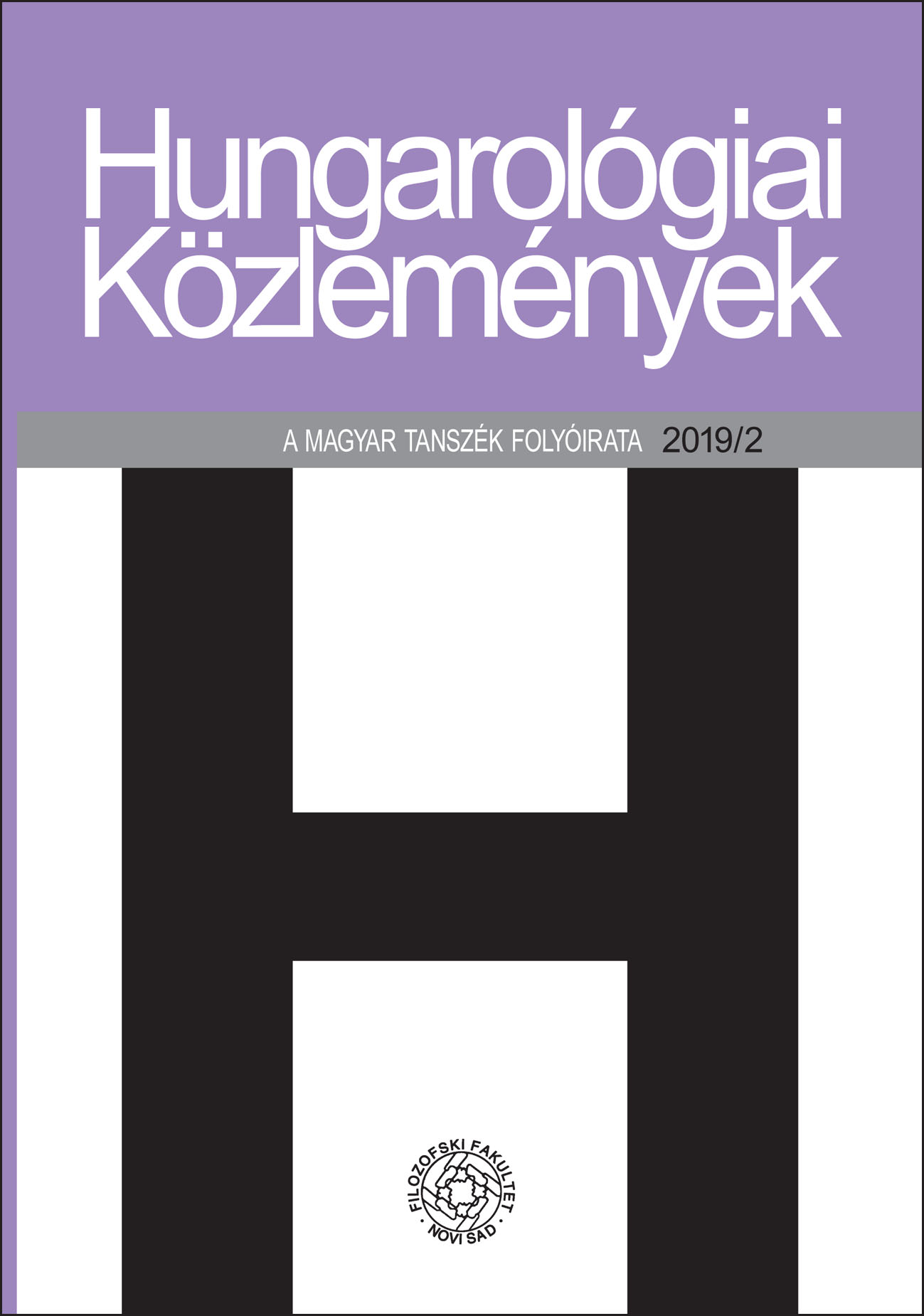Kampányoperettből tanulópénz
The Socialist Reworking of an Operetta as a Learning Curve
On the 1952 production of Orpheus in the Operetta Theatre in Budapest
Author(s): Árpád Kékesi KunSubject(s): Theatre, Dance, Performing Arts
Published by: Филозофски факултет, Универзитет у Новом Саду
Keywords: Philther; socialist operetta; political theatre; international peace movement; rewriting
Summary/Abstract: Staged as a rewriting of Offenbach’s Orphée aux Enfers, the 1952 Orpheus of the Operetta Theatre in Budapest was labelled as a cul-de-sac of updating classical operettas. My study presents an analysis of the production according to the methodology of the Philther (cf. www.philther.hu) and gives a detailed description of its context in Hungarian theatre of the 1950’s, of the relationship of textual and music dramaturgy, of its mise-en-scène, actors’ achievement, visual dimension and afterlife. Although Orpheus was played more than eighty times in front of full houses, it evoked the crossfire of critics as well as the breast-beating of theatre people because of a fiasco. My study examines the causes of this contradiction and outlines the attempts of the Operetta Theatre to find an ideal way of adjusting classical operettas to the political bias of the communist regime. Orpheus showed Margit Gáspár and her collegues the drawbacks of exaggerated political adaptation and let them learn how the tension of the rewritten text and the rearranged music could be chanelled to lead to such hits as the legendary productions of The Count of Luxembourg (1952) and The Csardas Princess (1954).
Journal: Hungarológiai Közlemények
- Issue Year: 20/2019
- Issue No: 2
- Page Range: 17-36
- Page Count: 20
- Language: Hungarian

